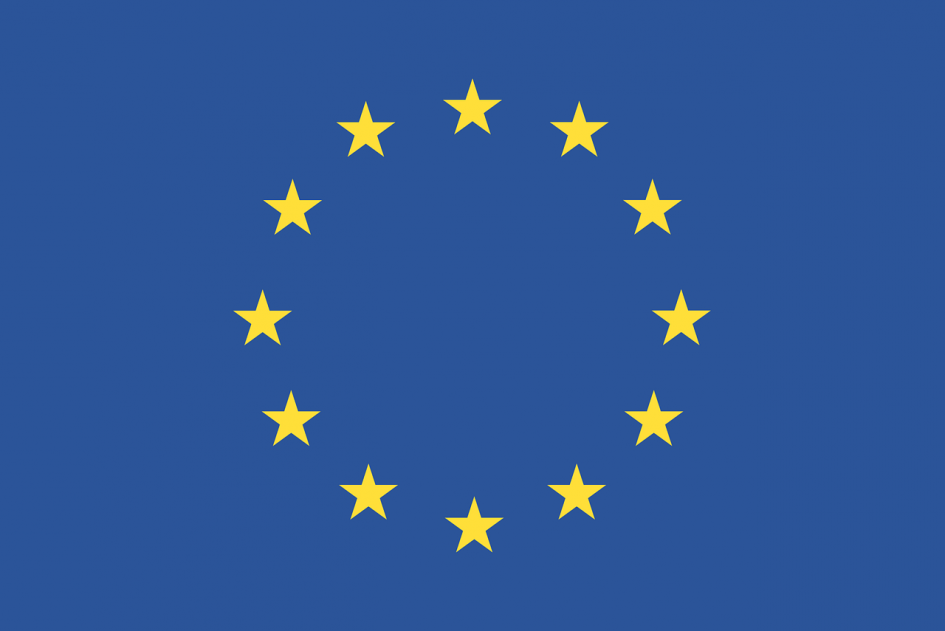There is clearly a huge amount of uncertainty around any potential deal that the UK will strike over Brexit – the terms of any deal, if there is a deal at all – are still subject to much speculation and negotiation, and so any attempts to draw some clear lines are very welcome.
A timely clarification
That was the aim of a recent announcement by the International Trademark Association (INTA), who represent around 30,000 trade mark professionals in 190 countries around the world. Their attempt to set out five core principles to be supported, promoted and safeguarded as part of the Brexit negotiations is hugely significant, as they speak on behalf of 1,272 members in the EU member states and 311 members in the UK. At a time when so much is up in the air, it is great to see some firm positions being set out by such a significant player.
Core principles
The five principles that INTA have laid out are: minimum disruption of trade, minimum costs, maximum retention of rights, maximum transparency and legal clarity, and a transitional period to adapt to the new rules. The organisation has also addressed the key issues that they feel need to be prioritised by those taking part in the negotiations – these include everything from what will happen with registered EU trade marks (EUTMs) after Brexit, through to the non-use vulnerabilities of registered trade marks, trade mark cancellation actions, exhaustion of rights and international systems including Madrid and Hague.
Possible outcomes
INTA have suggested a couple of scenarios for EUTMS – either having them automatically extended so that they apply in the UK or an opt-in extension option. Regarding exhaustion of rights, they support national or regional exhaustion. INTA’s work in this area is a welcome attempt at clarifying an extremely complex situation, at uncertain time for all parties.
“IP-intensive industries contribute significantly to employment and GDP in the EU and UK,” says INTA CEO Etienne Sanz de Acedo. “While we recognise that the Brexit process is complex, it is vital to strive for the least amount of disruption to trade mark owners, and to carefully consider IP protection given its impact on businesses, consumers, employees, and the economies in these countries.”
That’s a position that everyone who operates in these areas would echo – and it’s great to see that progress is now beginning to be made to clarify what a post-Brexit trading environment could look like.

